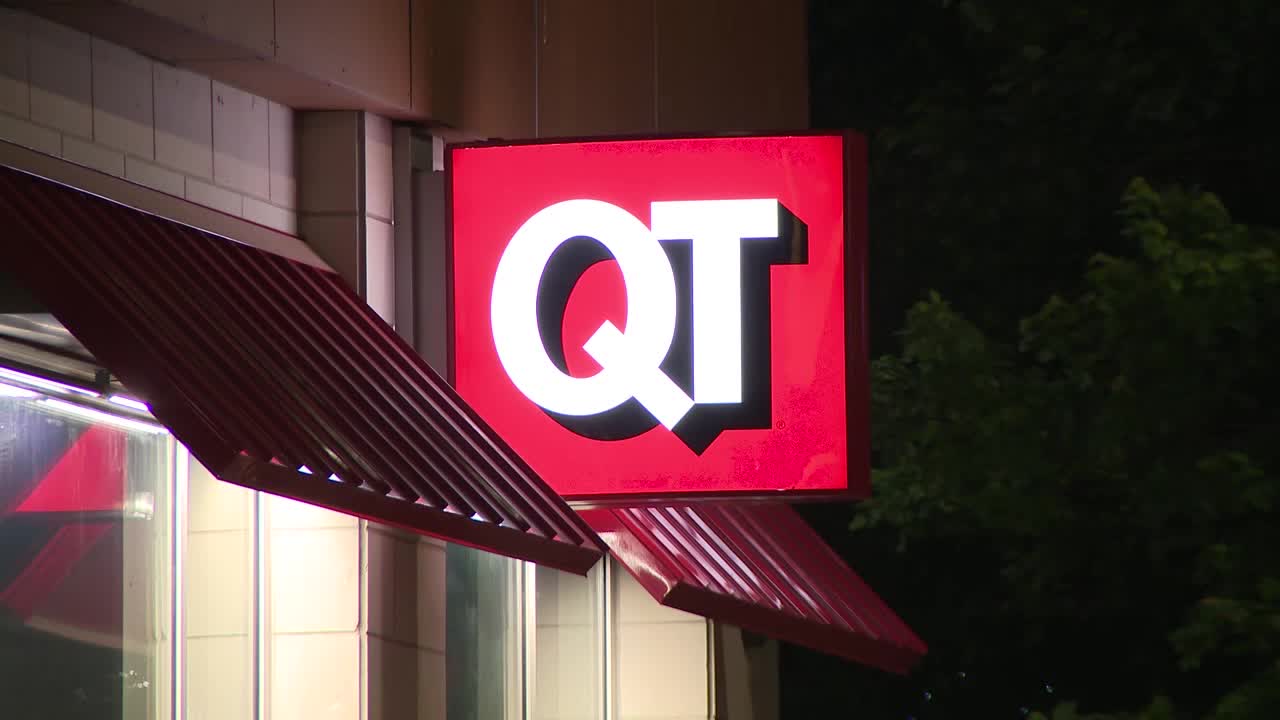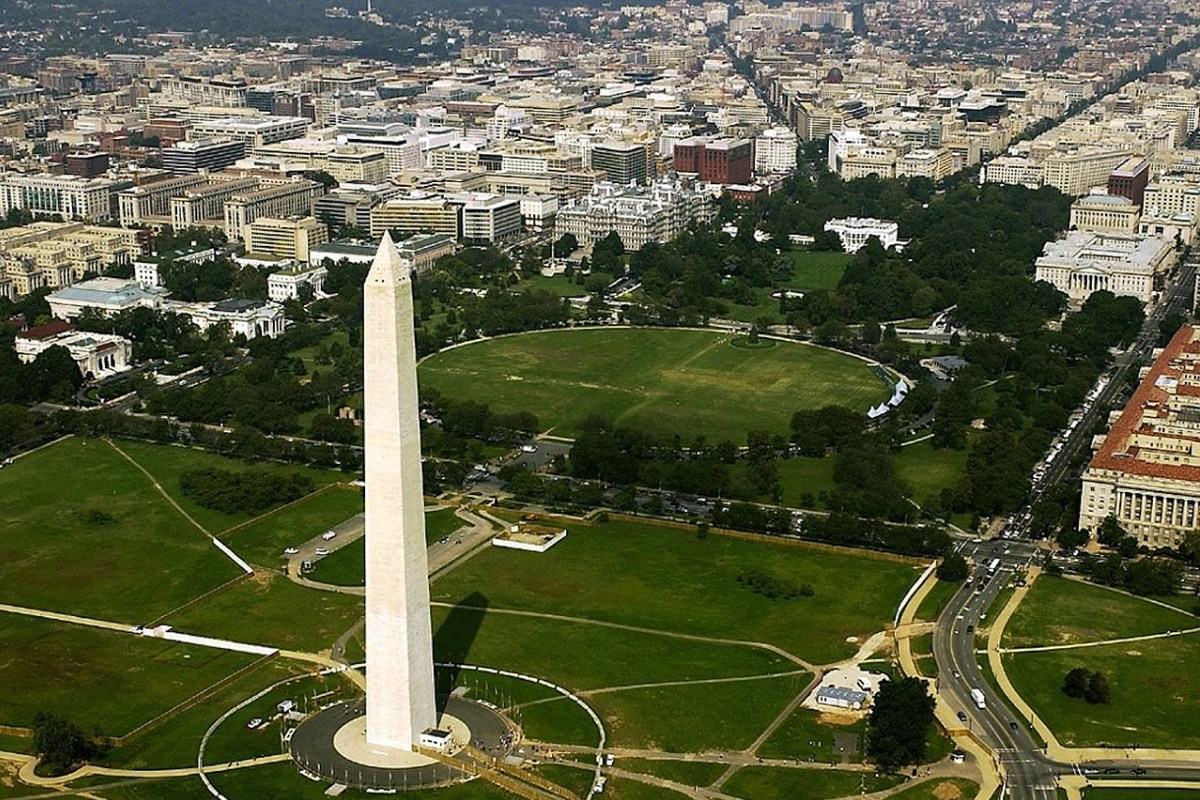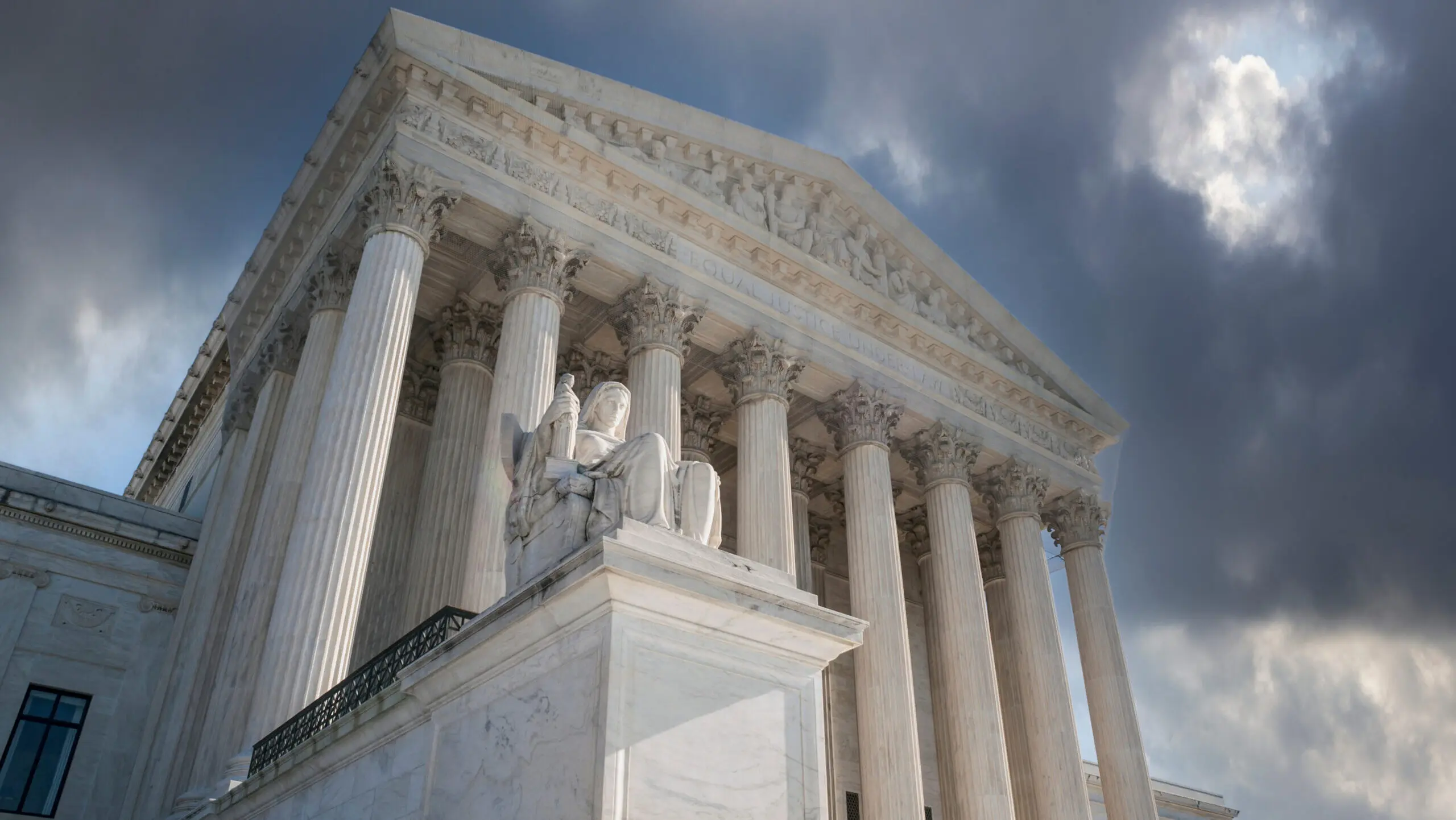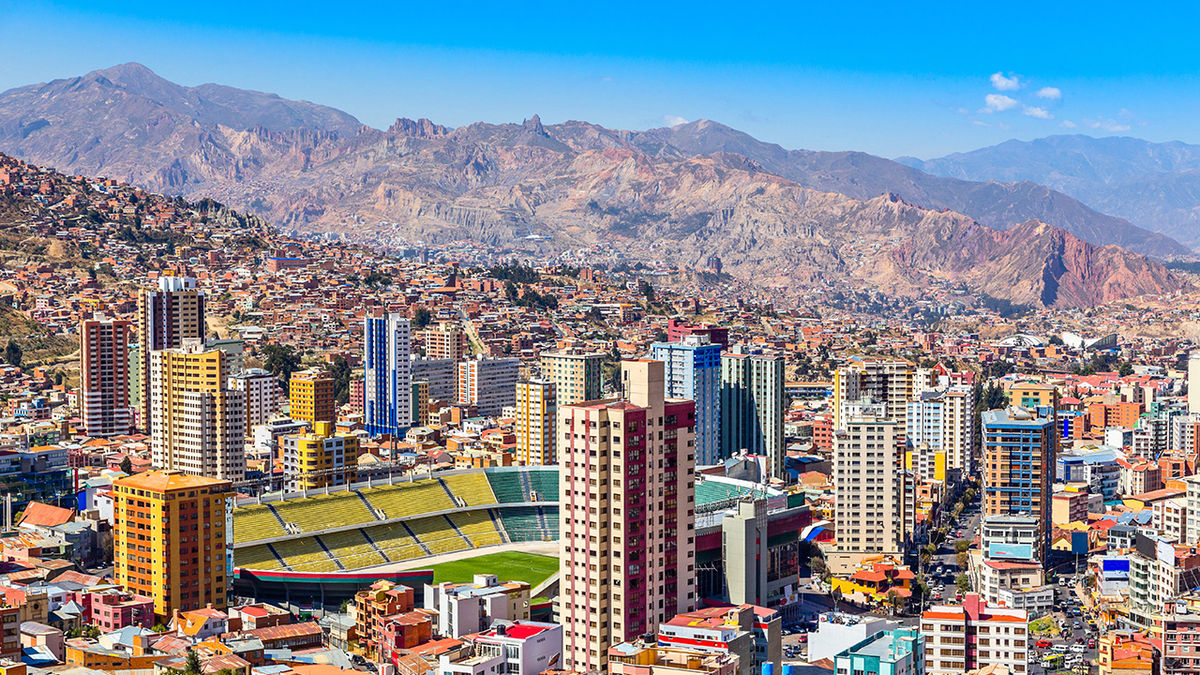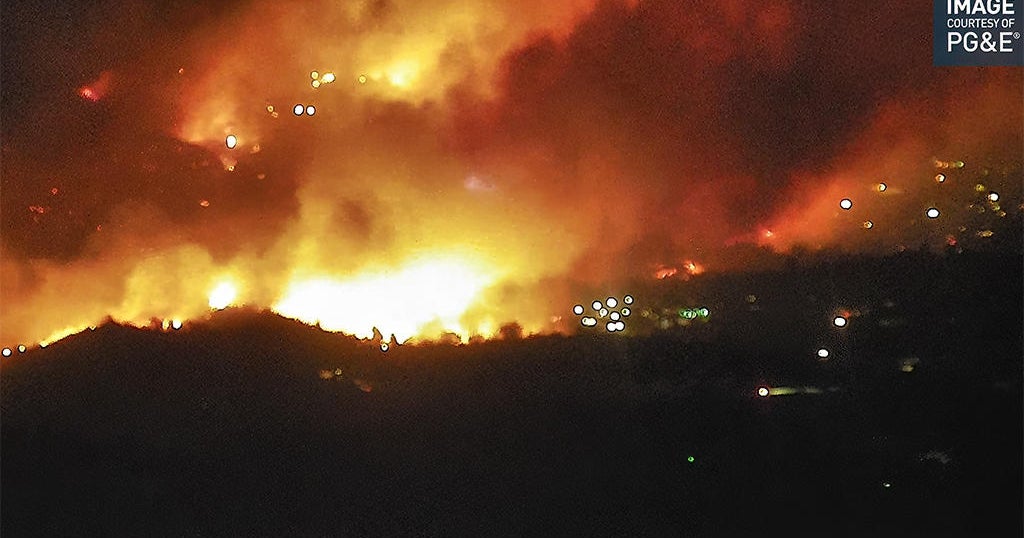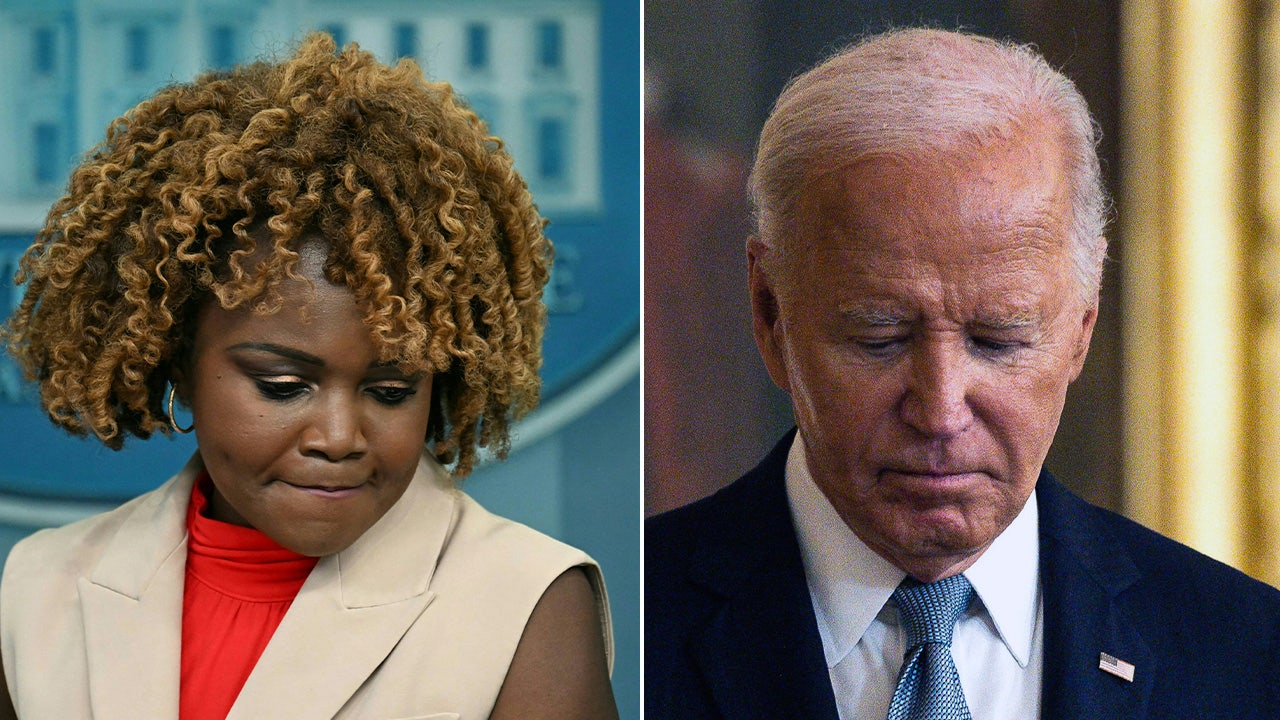Nevada
Nevada lawmakers consider A’s stadium financing at hearing
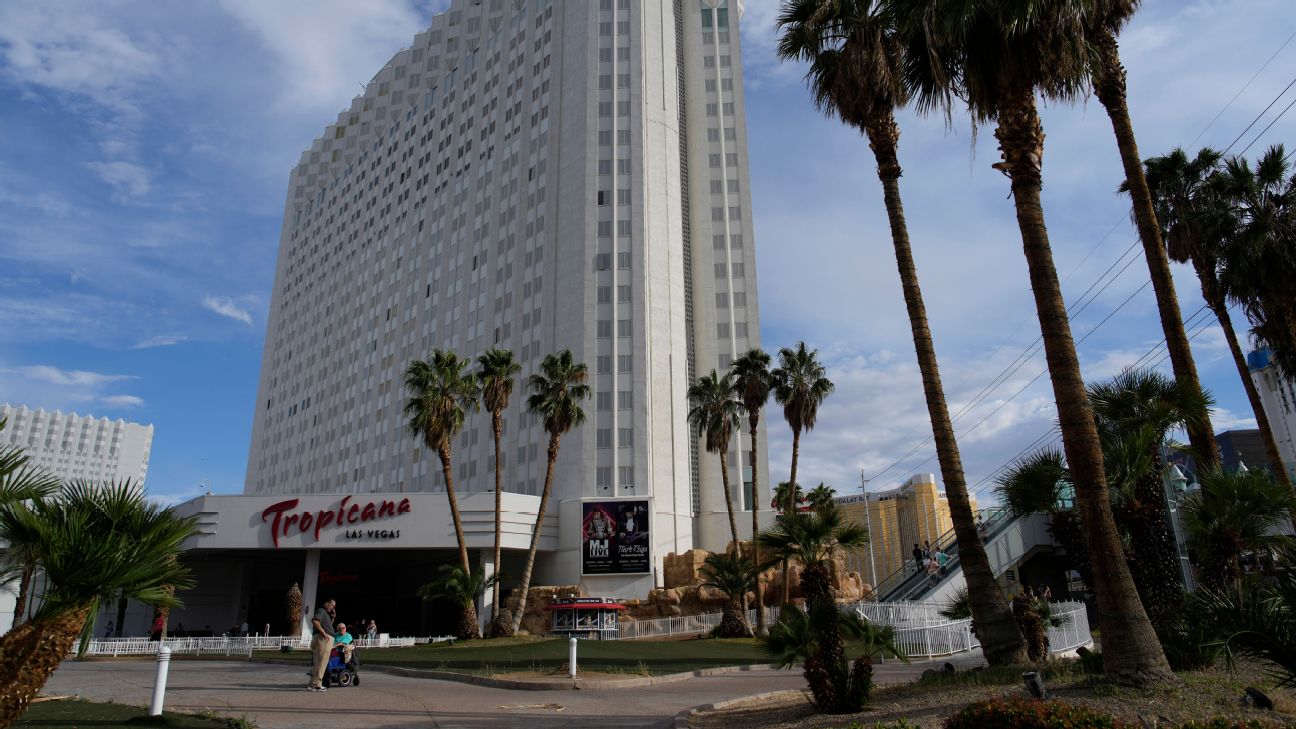
CARSON CITY, Nev. — Nevada lawmakers questioned whether a proposal to subsidize a new MLB stadium with tax credits and bonds would further boost Las Vegas’ economy, or serve as a handout for a big business that could strain government resources.
In a committee hearing on Monday — likely the only before a vote on the proposal to help fund theOakland A’spotential stadium on the Las Vegas Strip — the Republican governor’s chief of staff and the Democratic treasurer both said it would provide tax revenue and well-paying jobs while further aiding Las Vegas’ transformation into a sports city.
But lawmakers questioned whether an A’s stadium on the site of the Tropicana Las Vegas would be worth it. They cited an MLB team with the worst record in baseball, financed in-part by a county and state struggling to fund public services including schools, which rank toward the bottom in national student-teacher ratios and per-pupil funding.
“Regular citizens see us having a conversation and a discussion around funding a stadium,” said state Sen. Dina Neal (D-North Las Vegas). “Yet, we don’t have enough revenue to fund and give a 20% (salary) increase to teachers.”
Stadium subsidies for teams in cities from Buffalo, New York, to Arlington, Texas, have sparked similar heated discussions in statehouses across the country in recent years. A last-minute bill in Nevada’s 2016 special session paved the way for $750 million in public assistance for Las Vegas’ Allegiant Stadium, home of theRaiders. T-Mobile Arena, home to theVegas Golden Knights, opened to the public that year with no public assistance.
Like in many stadium financing arrangements, public assistance would not go directly toward constructing facilities but through bonds underwritten by the county and credits that could otherwise go into state general fund revenue.
The A’s plan would authorize up to $380 million in public assistance for the potential $1.5 billion retractable-roof stadium in a special tax district, mainly through $180 million in state transferable tax credits and $120 million in bonds mostly from Clark County. The county also would contribute $25 million in credit toward infrastructure costs. The proposal would not directly raise taxes.
Presenters projected $900 million in annual construction wages and $17 million in tax revenue from operations each year in a study run by firms including Goldman Sachs, and funded by the Athletics. They said the state’s general fund would increase from the project.
“This is a good investment,” said Steve Hill, president of the Las Vegas Convention and Visitors Authority, adding that Las Vegas’ tourists would help fill the stadium. “There will be more money available at both the state and local level, if this deal is done then if it’s not.”
Lawmaker questions from a multitude of concerns in the bill that lawmakers said could have an outsized effect on their communities. This included how a lack of recent success from the Athletics could affect attendance, traffic along the Strip, compatibility with the nearby airport and the integrity of the metrics that they used to gather projection numbers.
Some lawmakers flatly said they were not in favor of the bill, or indicated that the proposal is a hard sell.
“The Raiders came to this state with a huge fan base. We had a lot of people that would make the travel to California to see the Raiders,” said Assemblywoman Daniele Monroe-Moreno (D-North Las Vegas). “I don’t see that happening for the A’s.”
In testimony, building trade unions and commerce organizations said the construction would provide access for local employment. Many brought up positive revenue, new jobs and the potential to make Las Vegas the “sports capital of the world.”
Those in opposition echoed lawmakers’ concerns about funding a stadium while many public initiatives don’t receive funding.
The stadium would be on the southern end of the Las Vegas Strip, at the current location of the Tropicana Las Vegas casino resort. Las Vegas would become the smallest TV market in Major League Baseball and the smallest market to be home to three major professional sports franchises. The 30,000-seat capacity would make it the smallest MLB stadium.
The stadium financing bill was introduced late Friday night after more than a month of speculation, as the A’s move away from Oakland appeared increasingly imminent. As of Monday night, it is already the most-commented on proposal this session with over 2,200 opinions online — over three-quarters of which are in opposition.
With less than a week before legislative session adjourns on June 5, the plan faces an uncertain path in Nevada’s Legislature. On Thursday, Democratic leaders said financing bills, including for the A’s, may not go through if Republican Gov. Joe Lombardo follows through on threats to veto several Democratic-backed spending bills if his legislative priorities are not addressed.

Nevada
Nevada transit agency adopts ZeroEyes’ AI gun detection platform

ZeroEyes, a Montgomery County firm that created an AI-based gun detection video analytics platform, continues getting its technology into nationwide organizations. The Regional Transportation Commission of Southern Nevada has chosen the company for wide-scale implementation of the technology.
The Regional Transportation Commission of Southern Nevada is the first transit agency in the United States to deploy weapons detection analytics fully. Under the terms of the agreement, the transit agency is adding ZeroEyes to its state-of-the-art network to protect residents and visitors against gun-related violence, according to a press release.
The agency oversees public transportation, traffic management, roadway design, construction funding, transportation and regional planning efforts for the greater Las Vegas metropolitan area. With a transit fleet of 39 routes served by more than 400 vehicles, the agency carries more than 50 million riders per year.
“RTC prides itself on its ability to identify transportation challenges and implement solutions,” MJ Maynard, CEO of the Regional Transportation Commission of Southern Nevada, said in a statement. “Tens of thousands of people depend on our transit system every day, and we continually look for ways to improve their safety and security.”
ZeroEyes’ AI gun detection and intelligent situational awareness software layers onto existing digital security cameras. If a gun is identified, images are instantly shared with the ZeroEyes Operations Center, which is staffed 24/7/365 by specially trained military and law enforcement veterans.
If the experts at the center determine a threat is valid, they will dispatch alerts and actionable intelligence — including a visual description, gun type, and last known location — to local law enforcement and RTC staff within 3 to 5 seconds from detection.
“RTC has set a new standard in security by becoming the nation’s first transit agency to execute wide-scale deployment of weapons detection analytics to protect its citizens,” said Mike Lahiff, CEO of ZeroEyes.
The solution, the company has previously said, “mitigates mass shootings and gun-related violence by reducing response times, providing actionable intelligence with images and delivering clarity among chaos — ultimately saving lives.”
ZeroEyes said that United Safety & Survivability Group, known in the transit industry and ZeroEyes’ transit reseller, worked to facilitate the deployment of the company’s gun detection and intelligent situational awareness software across the agency’s cameras for a 1-year deployment contract.
“The safety of operators and passengers is central to our mission at United Safety,” Joseph Mirabile, CEO of United Safety, said in a statement. “We are thrilled that RTC, a longstanding partner benefiting from our diverse safety products, acknowledges the significant impact ZeroEyes can bring to its transit system.”
ZeroEyes was founded by a group of former Navy SEALs and technologists and is based in Whitemarsh Township, Montgomery County. The company’s patented solution is recognized by the U.S. Department of Homeland Security (DHS) as a promising anti-terrorism technology and is the first video analytics technology to receive SAFETY Act DT&E Designation.
The platform is deployed across a variety of industries nationwide, including school districts, commercial property groups, shopping malls, places of worship, hospitals, military bases, manufacturing plants, casinos and Fortune 500 campuses. The ZeroEyes team also provides consulting, installation assistance and practice drills for active shooter events to enhance safety at schools, corporate and government facilities.
Nevada
Nevada DMV temporarily suspending 'Walk-In Wednesdays' due to extreme heat

NEVADA (KTNV) — Planning to make use of Nevada’s “Walk-In Wednesdays” at your local DMV? Well starting July 10, that service will be temporarily suspended at some locations due to extreme heat.
The Nevada Department of Motor Vehicles announced July 3 that it will be temporarily moving to appointment-only services on Wednesdays at metropolitan offices starting July 10.
These locations include offices in Henderson and Reno as well as the offices on Decatur, Flamingo, and Sahara in Las Vegas.
The DMV said until temperatures reach normal levels and move away from extreme heat, Walk-In Wednesdays will resume.
“June was by far the hottest month in Las Vegas ever recorded,” said DMV Director Tonya Laney.
“Customers continue to line up outside of our Las Vegas offices hours before the doors even open, and temperatures are soaring above 100 degrees before 8 a.m. We are noticing increasing temperatures in Reno and want to be proactive for our customers there as well. In order to limit heat exposure both inside and outside our offices, we have decided to revert Wednesdays back to appointment-based only. This is a temporary change until temperatures decrease.”
State and health officials say excessive heat poses a serious health risk, especially in Nevada. The DMV said in 2023, 226 Nevadans died from heat-related illnesses—close to 10% of all heat-related deaths in the nation.
Remember to stay hydrated and stay cool as the temperatures rise.
Beat the heat:
Wednesday appointment bookings will open Tuesday afternoons.
Nevada
Heat records fell, some shattered, in June across parts of Arizona, Nevada and Texas
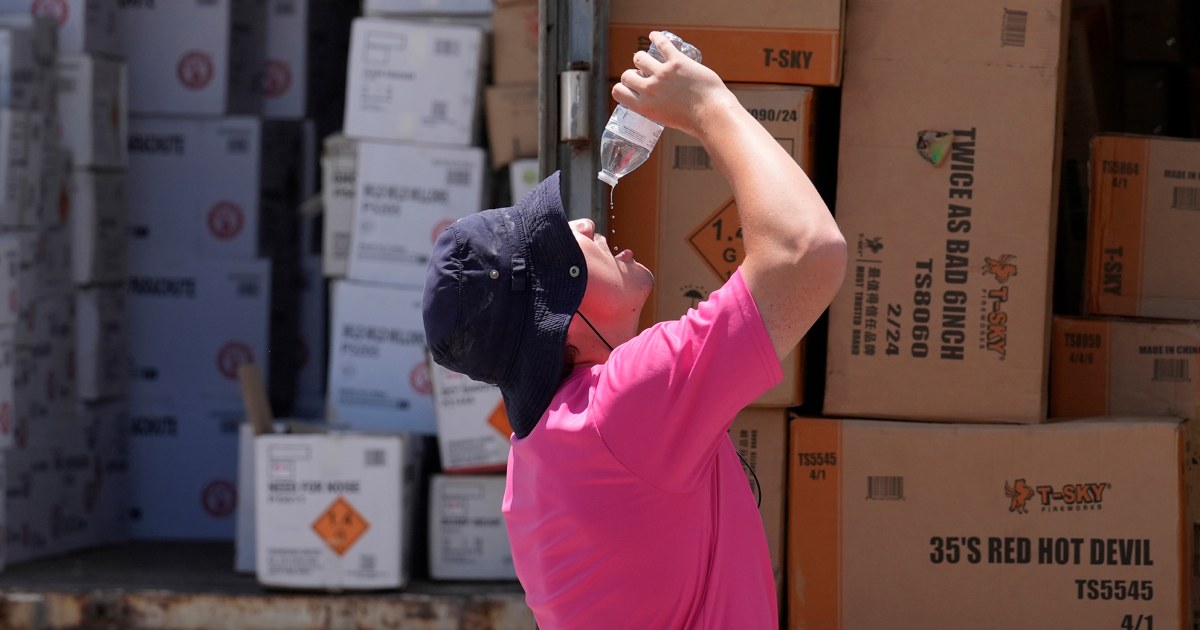
LAS VEGAS — Parts of Arizona, Nevada and Texas just endured their hottest June on record, where sweltering conditions shattered several long-standing marks.
The broken records herald yet another summer of extremes — both in the U.S. and around the world — and offer a worrisome outlook for the weeks and months ahead, as July and August are typically the hottest months of the year in the Northern Hemisphere.
In Phoenix, an average temperature of 97 degrees Fahrenheit made it the hottest June in the city’s more than 100 years of temperature records, according to the National Weather Service.
Last month beat the previous record, set in June 2021, by almost 2 degrees. Phoenix’s Sky Harbor Airport recorded 14 days in June at or above 110 degrees, the weather service said.
The scorching conditions have already taken a toll. So far this year, there have been 13 heat-related deaths in Maricopa County, which includes Phoenix and many of its suburbs. Another 162 deaths are under investigation, according to the county’s Public Health Department.
Last year, a record 645 people died from heat-related causes in Maricopa County, in what was an extraordinary year for extreme heat in the region. Temperatures of 110 degrees or above were recorded for 31 consecutive days in Phoenix last summer, breaking an 18-day streak that was set in 1974.
And July is already off to a rough start, with 110 million people across 21 states under heat warnings and watches for the Fourth of July holiday period.
Brutal heat was felt throughout the Southwest last month.
In neighboring Nevada, Las Vegas sizzled to its own temperature record in June.
“Almost any way you slice it, June 2024 was the hottest ever in Las Vegas,” the local office of the National Weather Service wrote Sunday on X. The previous record was set eight years ago, in 2016.
Triple-digit temperatures were recorded nearly every day last month, the weather service said. The average temperature in June was 94.6 degrees, which was 7 degrees above normal and 1.8 degrees hotter than the previous record, according to the National Weather Service.
The heat was also persistent. The average high temperature hit 106.2 degrees, and the average low temperature touched 83 degrees, meaning the city had little relief from the heat even overnight.
Heat waves are expected to be more common as a result of climate change. Studies have shown that as the world warms, heat waves will be more frequent, longer and more intense.
But it wasn’t just the new milestones that were notable, the National Weather Service said.
“What’s more impressive is how much we beat the old records by,” the National Weather Service wrote on X, adding that June’s average high temperature beat the previous record by 1.2 degrees, a bigger margin than separates second and eighth place.
It was a scorching June in West Texas, as well. El Paso had its hottest June on record, breaking a record that had stood for 30 years, according to the National Weather Service.
The average temperature in the border city hit 89.4 degrees, which was 0.4 degrees warmer than the previous record set in 1994.
Extreme heat is expected to persist this week across the West Coast and parts of the South. Heat advisories and excessive heat warnings are in effect in Washington state, Oregon, California, Arizona, Nevada, Texas, Oklahoma, Missouri, Arkansas, Louisiana, Mississippi, Alabama, Tennessee, Kentucky, Georgia and Florida.
-
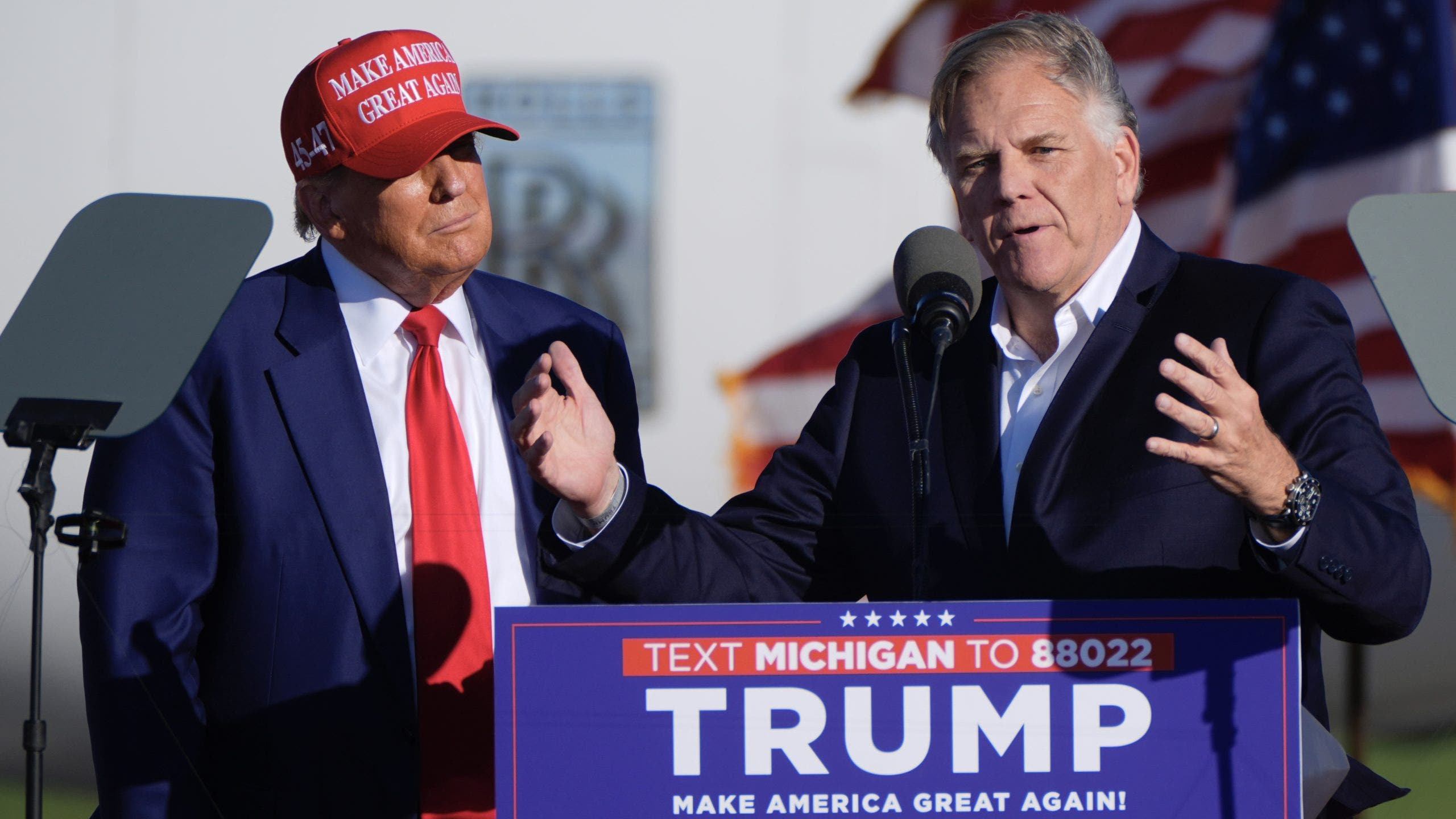
 Politics1 week ago
Politics1 week agoPopular Republican and Trump running mate contender makes first Senate endorsement in 2024 races
-

 News1 week ago
News1 week agoToplines: June 2024 Times/Siena Poll of Registered Voters Nationwide
-
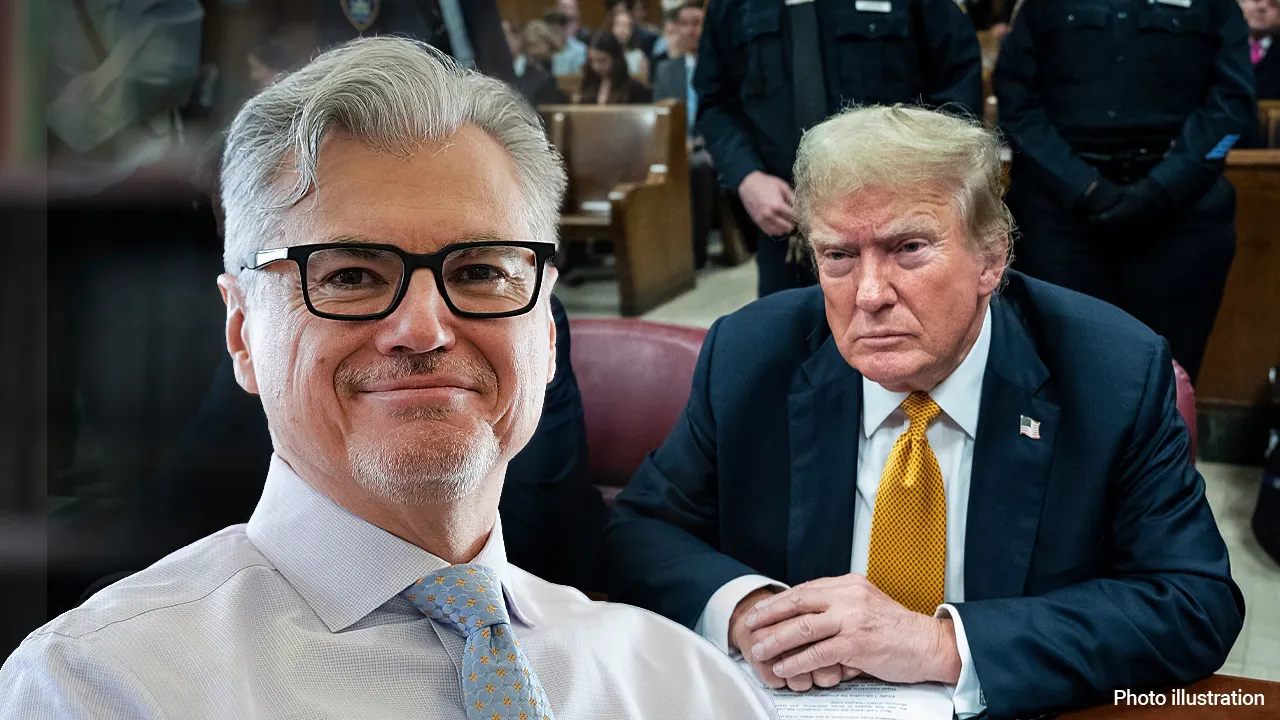
 Politics1 week ago
Politics1 week agoFox News Politics: Trump Ungagged…Kinda
-

 News1 week ago
News1 week agoIowa floodwaters breach levees as even more rain dumps onto parts of the Midwest
-
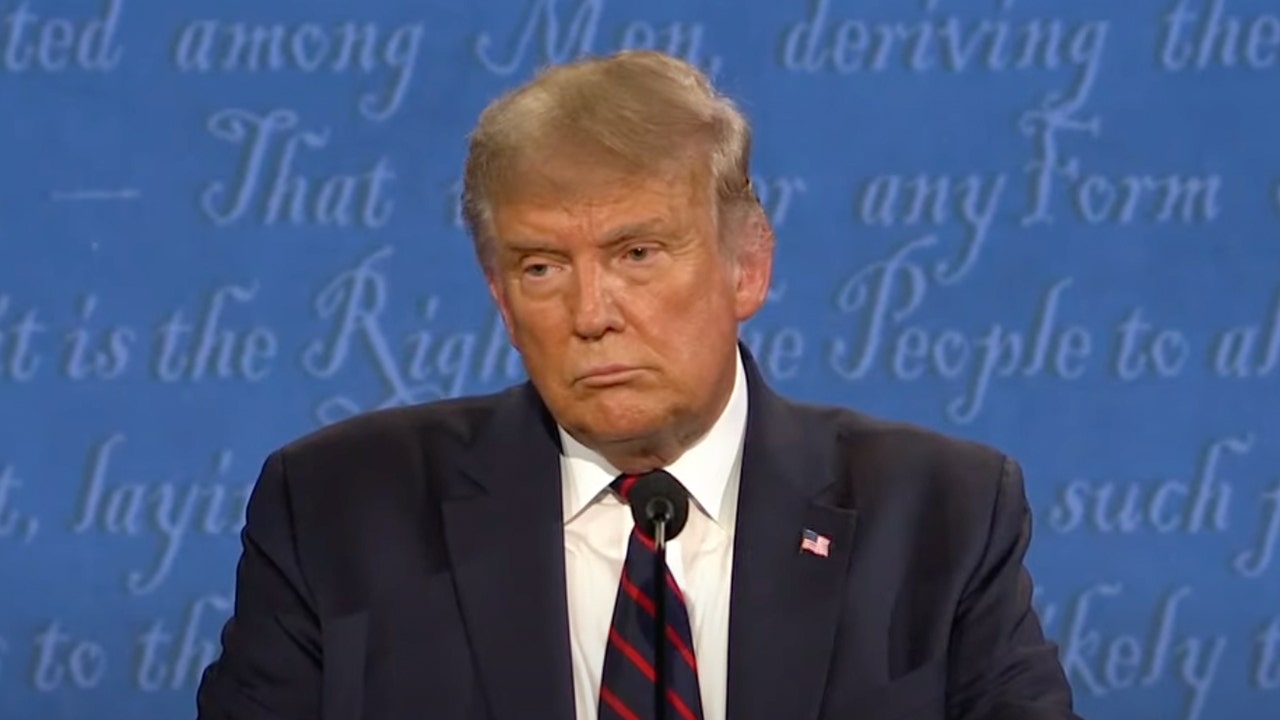
 Politics1 week ago
Politics1 week agoThe many faces of Donald Trump from past presidential debates
-

 Politics1 week ago
Politics1 week agoMike Kennedy advances past crowded GOP primary to secure nomination for open Utah House seat
-

 News5 days ago
News5 days agoVideo: How Blast Waves Can Injure the Brain
-

 News1 week ago
News1 week agoNew Jersey gamer flew to Florida and beat fellow player with hammer, say police

